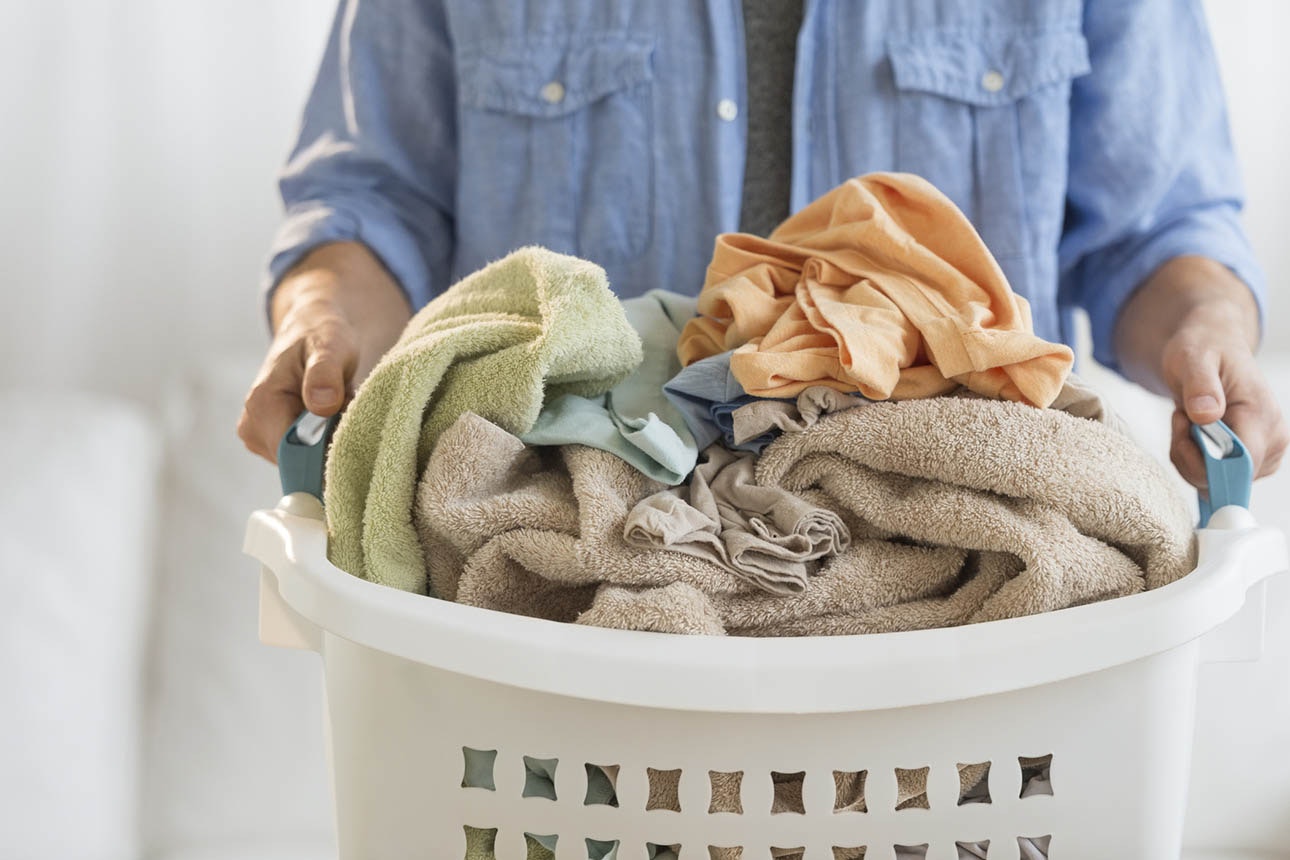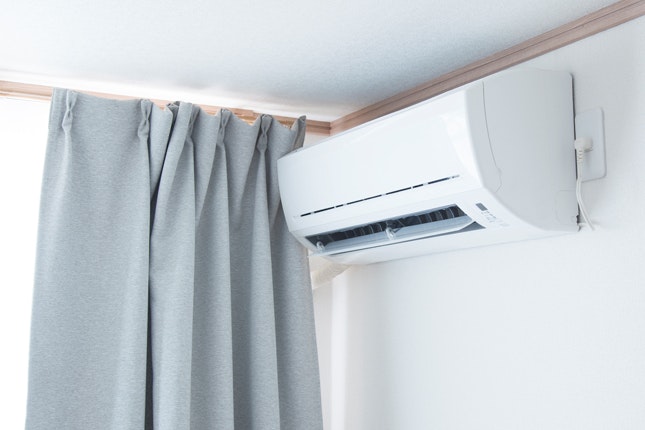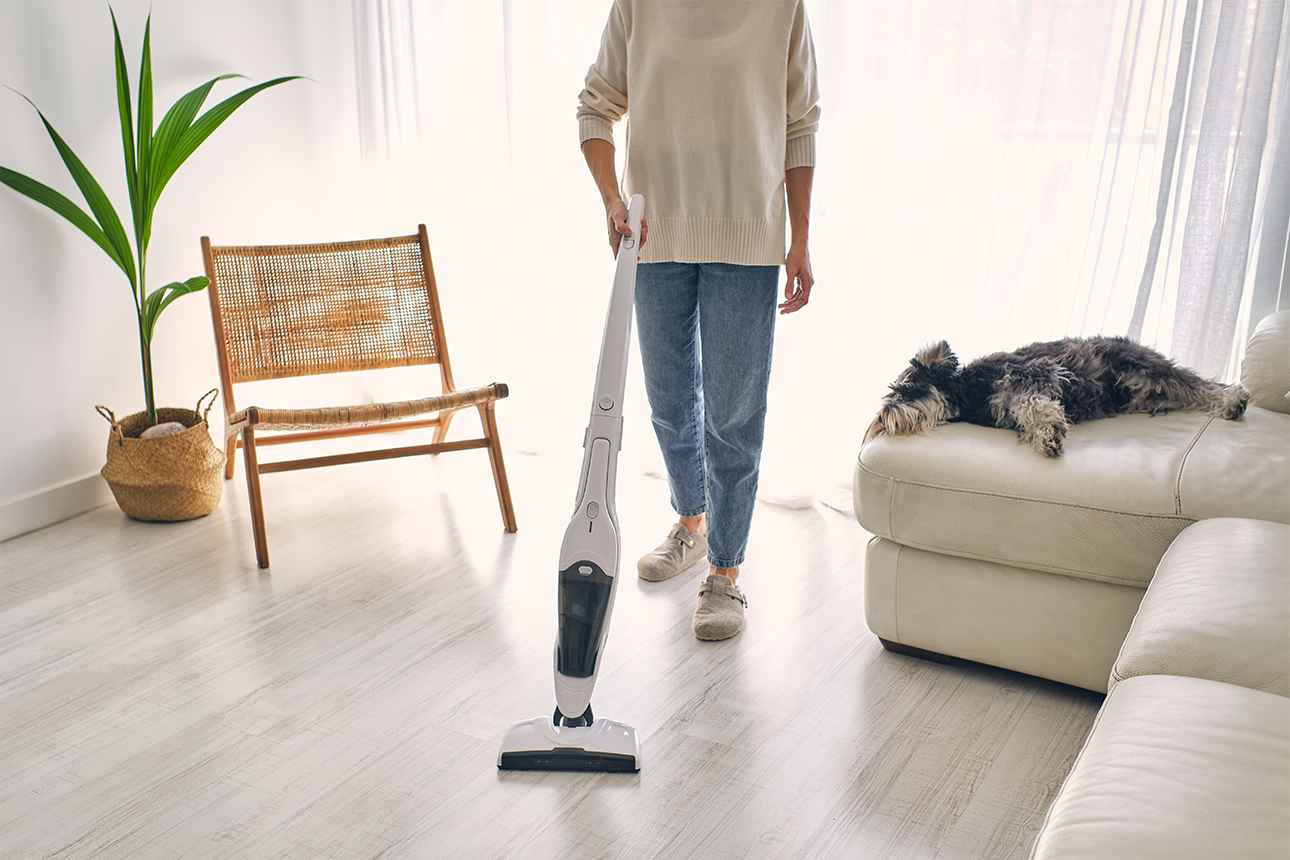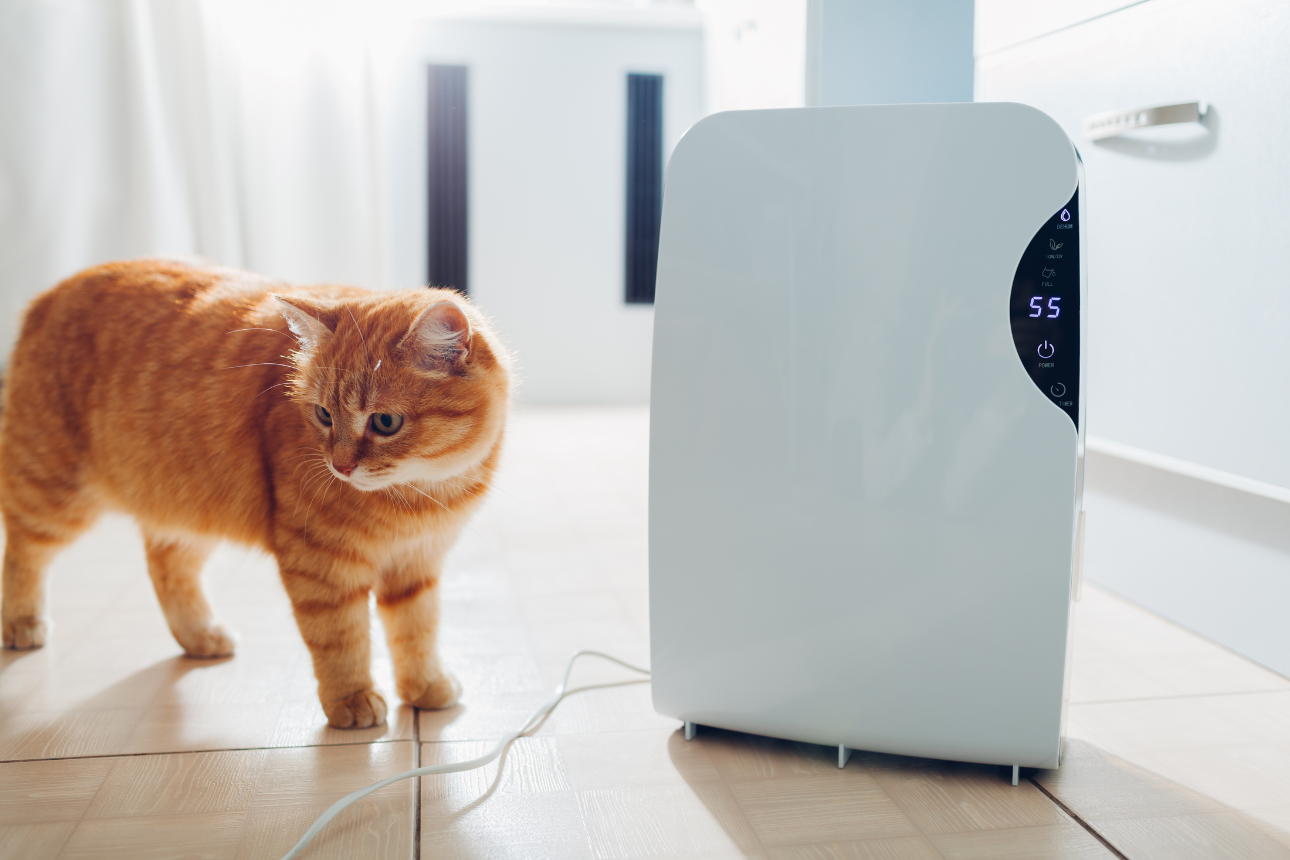Best air purifiers of 2025
Considering an air purifier? Here’s our guide to the current best models – depending on your needs.

Top-performing air purifier
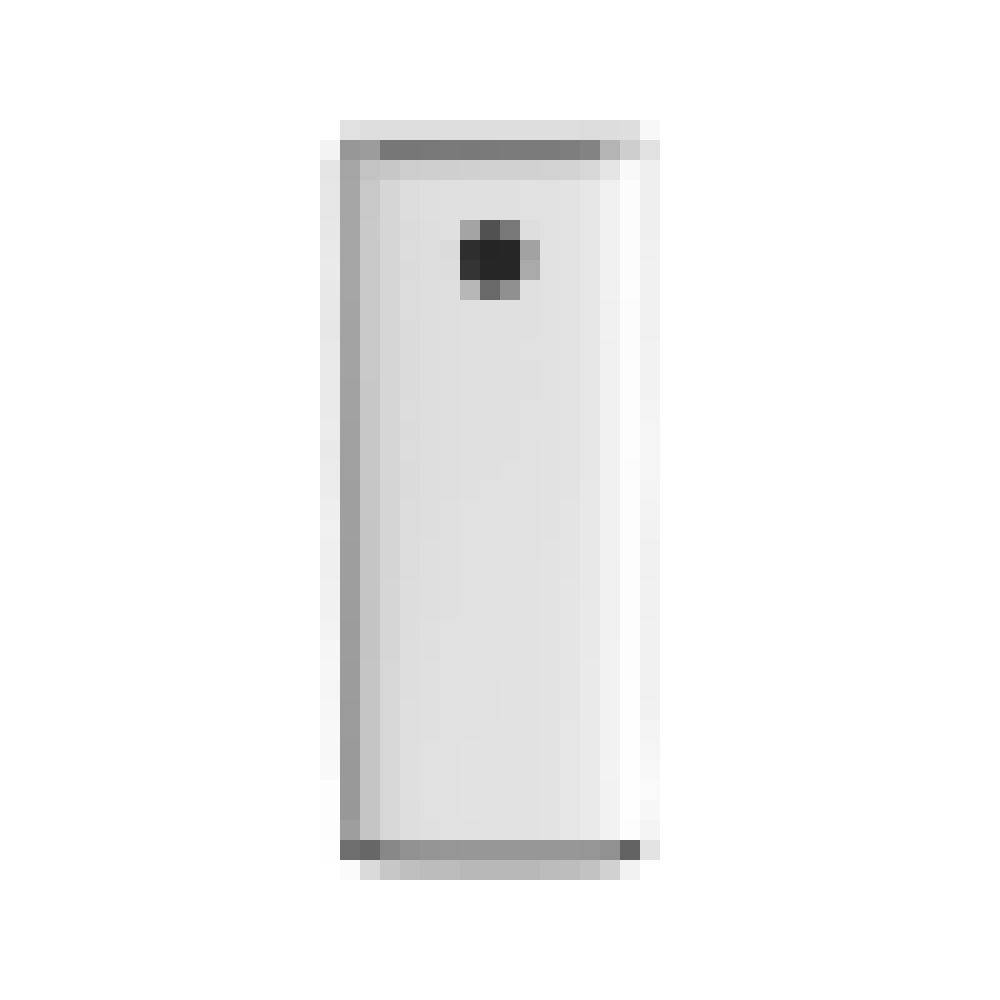
Best budget buy
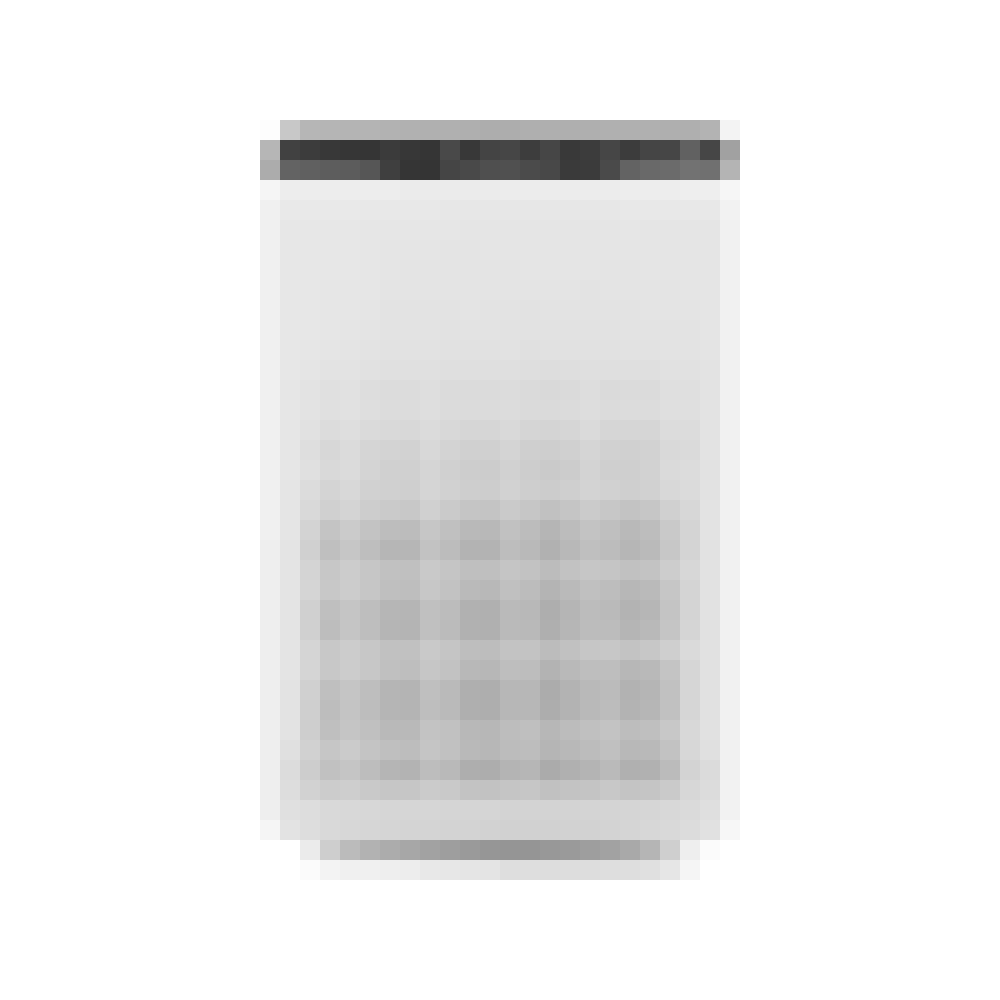
Most quiet air purifier

Best air purifier for large rooms
Get access to Consumer & see all reviews
Thousands of expert product/service reviews
Personal support through our Consumer Rights Advice Line
Premium articles and in-depth buying advice
Add a Consumer magazine for even more exclusive content
When you may need one
Anything you breathe in, other than air and water vapour, is a pollutant. This includes dust, pollen, smoke, volatile organic compounds (VOCs), and pet hair and dander.
If you have allergy sufferers or asthmatics in the house, an air purifier can help to alleviate some of the symptoms they feel. They work by sucking the air in the room into the unit and across a filter to remove particles from the air, that way you breathe filtered, clean air that doesn’t trigger reactions.
They can also be handy if you live in built-up areas with high pollution (including wood smoke) that you don’t want you or your family to breathe in.
You might find that opening the windows may help alleviate symptoms. But if that doesn’t work, an air purifier may become an essential item in the household.
Viruses and bacteria
An air purifier fitted with a HEPA filter has the ability to remove airborne bacteria and viruses. While viruses like the Covid-19 virus are smaller than the miniature holes in a HEPA filter (0.1 microns while a HEPA filter is 0.3 microns), they go where the wind blows them and they can still easily get trapped against the fibres and get removed from the air.
While that may help, it doesn’t completely eliminate the danger posed by bacteria and viruses as it doesn’t help with anything that may be sitting on a surface. You still need to wipe down surfaces, practice good hygiene and wear a face mask to maximise your protection.
What to consider
A good filter is the most important part of the air purifier, though that doesn’t always guarantee excellent performance. However, there are additional considerations when buying an air purifier.
Room size
Check the recommended room size (most models have m2 ratings). A larger-than-required model won’t have to work as hard to clear the air, which also means it should run more quietly.
HEPA
HEPA filters are the mainstay in air purifiers, so make sure your chosen model has one. They can trap particles down to 0.3 microns (a human hair is about 80 microns), which should deal with most airborne nasties.
Ionisation
An ioniser works by using a high voltage to put a charge through airborne particles to make them static. This makes them attracted to grounded objects, which removes them from the air.
Charcoal
Charcoal filters remove odours and they can help absorb VOCs.
Pre-filter
Pre-filters are a layer of defence in front of the main purifying filters. They help catch larger bit of debris to stop the finer filters from getting clogged up too quickly.
Sensors and timers
An air purifier with a built-in pollution sensor will continuously sniff the air to check the quality. A few models will switch on and work to rid the room of pollution once they detect any contaminants. In the absence of automatic sensors, the purifier will chug away non-stop, so look for a model with a timer so you can set the unit to run at certain times of the day.
Fan
A good range of fan speeds is important for quickly clearing all parts of the room, as well as having some quieter settings for when you go to bed.
Filter replacement
Your filter will have a lifespan as it continually gets clogged by airborne pollutants. Be sure to check the lifespan before you buy as some can be as short as 6 months.
Make sure the replacement filters are readily available and not too expensive or you’ll get stung down the line.
Features to ignore
Ozone air treatment is all marketing huff as many studies have shown it to be ineffective at treating airborne contaminants. We consider it a relatively useless feature.
Manufacturers claim UV light can kill bacteria. While UV light is proven to sterilise water, studies have shown a lack of effectiveness in domestic air purifiers.
